ACSA WEBINAR
Developing Policies and Shifting Operations for Equity, Diversity and Inclusion
Moderator

Samia Rab Kirchner makes, studies, and analyzes architecture that contributes to urban civic identity. She is currently tenured Associate Professor of Architecture + City Design at Morgan State University in Baltimore and chair of the ACSA Leadership Committee. Her research and practice focuses on Port Cities Urban Regeneration and Waterfront Redevelopment.
Speaker
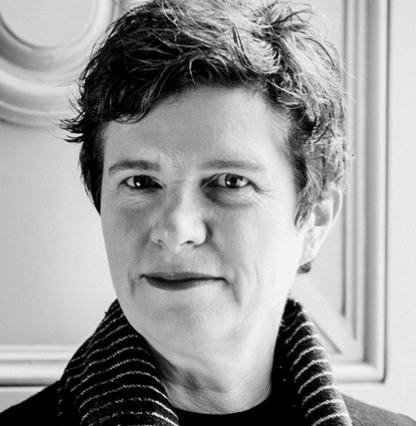
Amy Murphy is an Associate Professor at USC’s School of Architecture. She has acted as the School’s Diversity Liaison since 2016, collaborating with faculty and students on a range of projects to address issues of access, equity and diversity in the field of architecture and academia. She holds a Bachelor of Fine Art degree as well as a Bachelor of Architecture degree from Rhode Island School of Design, as well as a Master of Fine Arts degree in production and Ph.D. from USC School of Cinematic Arts.
Her written scholarship focuses on the relationship between media and urban experience. She has published several pieces examining our cinematic post-apocalyptic imagination, in “The Future Tradition of Nature” (2009), “New Orleans, Nature and the Apocalyptic Trope” (2010), and “Nothing Like New: Our Post-Apocalyptic Imagination as Utopian Desire” (2013). Currently, Amy is completing a new manuscript tentatively entitled After the Symphony: Cinematic Representations of the Post-War American City.
Speaker
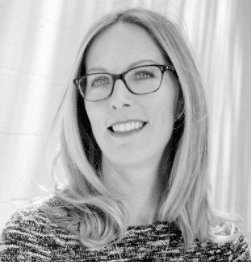
Lauren began teaching at the USC School of Architecture over a decade ago. Much of her teaching and leadership during this time has been geared toward reaching young architecture students. She engages undergraduate students through fundamental courses in design, drawing, culture, research, and shelter, among others. Creating a strong culture of mentorship for new students is also among her highest priorities.
She is currently the Director of two USC programs for pre-college students: A-Lab Architecture Development Program and Exploration of Architecture program. She also served as the Program Coordinator for the Bachelor of Science in Architectural Studies for a number of years.
She is an Associate Professor of Practice and a licensed architect in California. Her research interests include architectural education and pedagogy, the intersection of architecture with health and wellness, and architecture and socio-cultural practices. She received an M.ARCH from Syracuse University and a B.ARCH from the University of Arizona.
Speaker
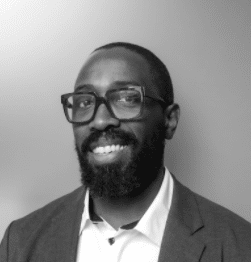
Elgin Cleckley is an architect, educator, and principal of _mpathic design, a Design Thinking initiative, pedagogy, and professional practice focusing on socio-cultural design projects. A graduate of the University of Virginia‘s School of Architecture and Princeton University, he has collaborated with DLR Group (Seattle), MRSA Architects (Chicago), and Baird Sampson Neuert Architects (Toronto) on award-winning civic projects. Elgin has taught at the University of Michigan and the University of Illinois, Chicago. Before joining UVa’s new Design Thinking program in 2016, he was the 3D Group Leader and Design Coordinator at the Ontario Science Centre (Toronto), Visitor Experience / Science Content and Design, and Agents of Change Initiative, since 2001. This work produced award-winning exhibitions, and public art to create the world‘s first Design Thinking Centre. Academically, Professor Cleckley currently teaches University-wide Design Thinking courses and seminars, professionally collaborating with the City of Lynchburg for the Dearington Neighborhood Plan, Albemarle County for the installation of the Memorial for Peace and Justice in Charlottesville’s Court Square, and design engagements with national organizations such as The Trace (Bloomberg), Farmers Footprint, and several local educational facilities.
Speaker
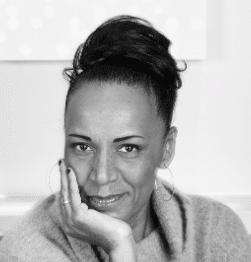
Lesley Lokko is an architect, academic and the author of eleven best-selling novels. She is currently the Dean at The Bernard and Anne Spitzer School of Architecture at The City College of New York. Before arriving at CCNY, she served as the Head of School at the Graduate School of Architecture, University of Johannesburg, South Africa. She is the editor of White Papers, Black Marks: Race, Culture, Architecture (University of Minnesota Press, 2000); editor-in-chief of FOLIO: Journal of Contemporary African Architecture and is on the editorial board of ARQ (Cambridge). In 2004, she made the successful transition from academic to novelist with the publication of her first novel, Sundowners (Orion 2004), a UK-Guardian top forty best-seller, and has since then followed with ten further best-sellers, which have been translated into fifteen languages.
Speaker
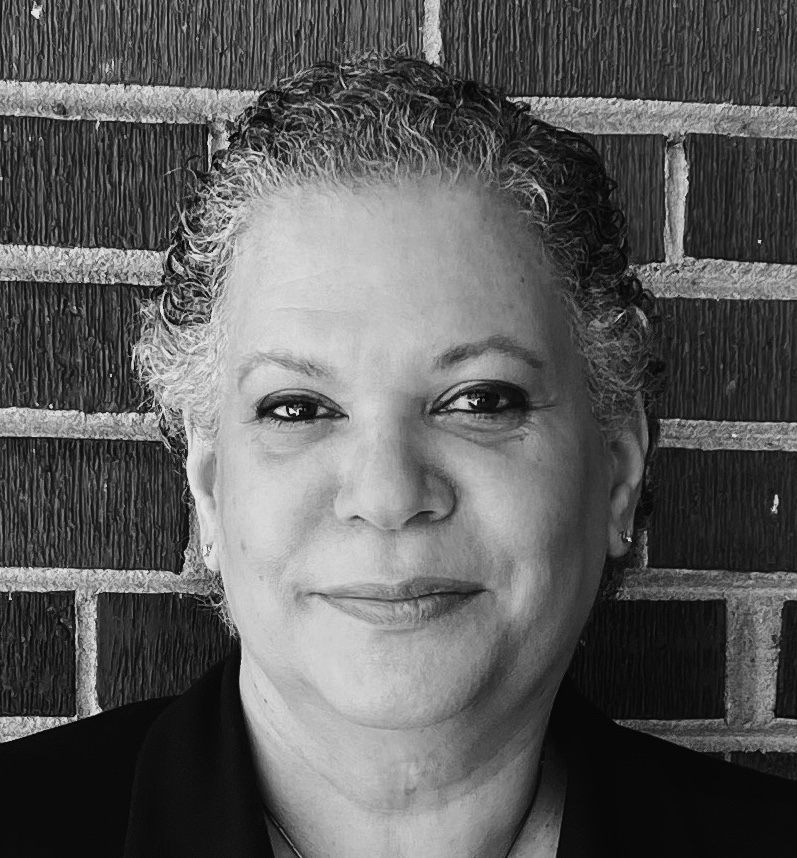
Dr. Edwards is Professor and Chair of the Department of Architecture, College of Engineering and Architecture at Howard University. She has taught in the graduate city planning programs at Morgan State University‘s Institute of Architecture (1999 to 2007) and at The Catholic University of America’s School of Architecture and Planning (2007-2016) where she served as director of the Master of City and Regional Planning program. Her unique career has combined place-related research with planning and urban design practice. Her research interests in quality of life are framed within urban design contexts while focused primarily on historic residential and campus environments. Of note is a planning study that culminated in a book that she co-authored entitled, The Long Walk: The Placemaking Legacy of Howard University. She has been a member of several Urban Design Assistance Teams (UDATs) as well as Planning Assistance Teams (PATs). She currently serves on the Advisory Committee for National Treasure Designation of Morgan State University Campus National Trust for Historic Preservation and Morgan State University.
Speaker

Monique Robinson, NOMAS, Assoc. AIA, is a recent graduating senior of Morgan State University’s School of Architecture and Planning, located in Baltimore, MD. She currently works with Jerryn McCray Architects as an Architectural Summer Intern. During her time at Morgan, Monique served as the past President of Morgan’s NOMAS Chapter, designed for a community-oriented service learning studio located in Park Heights, and was chosen to be apart of the inaugural class for Preservation in Practice, learning hands on skills and practicing historic preservation in Downtown Baltimore and Jackson, Wyoming. She earned a full ride scholarship to attend the University of Pennsylvania this Fall as a Dual Degree Candidate for Architecture & Historic Preservation at the Weitzman School of Design Graduate Program. Monique is a student of the built environment and has a heart for community; she seeks to use her passions for social justice, preservation, and human-oriented architecture to serve marginalized communities in a meaningful way with partnership and community at the forefront.
Speaker
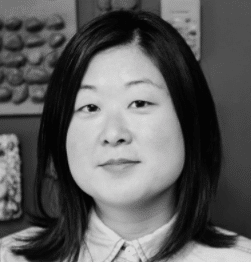
Theresa Hyuna Hwang is a community-engaged architect, educator, and facilitator. She is the founder of Department of Places, a participatory design and community engagement practice based in Los Angeles, CA. She has spent over 14 years focused on equitable cultural and community development with multiple groups and campaigns. Additionally, she is the current Program Director of Design Futures Student Leadership Forum, a national training initiative focused on elevating the role of designer in dismantling systems of inequality. She was the former Director of Community Design and Planning at the Skid Row Housing Trust, a non-profit permanent supportive housing organization where she was the Enterprise Rose Architectural Fellow from 2009-2012. Her work has been featured in Architectural Record, the New York Times, Atlantic Cities, Al-Jazeera America and other media outlets. She is on the Board of Directors for Venice Community Housing and formerly on Board of the Association for Community Design. She was recognized as one of Next City’s Urban Vanguards in 2015. She received her Master of Architecture from Harvard Graduate School of Design (2007) and a Bachelor of Science in Civil Engineering and Art History from the Johns Hopkins University (2001). She is a licensed architect in California and is a LEED accredited professional.

 Study Architecture
Study Architecture  ProPEL
ProPEL 